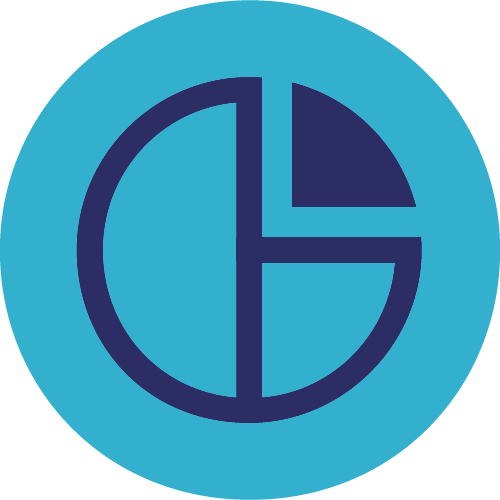The Importance of Measuring What Matters
As Good Measure kicks off the application for our 2019 Measuring What Matters (MWM) series, we had the opportunity to hear from one of last year’s participants about her experience. Sierra Randall, Grants and Contracts Administrator at Foundation Communities, shared insights on her team’s journey through MWM and advice for nonprofits that are considering applying for the 2019 series.
What motivated you to apply to send a team through Measuring What Matter?
As members of the grants team, we have the opportunity to see data at the organizational level. This allows us to have a unique perspective on our data processes within the organization. From what we had seen, our various programs can become siloed in their data collection, management, and evaluation methods because each department is so large. We saw MWM as an opportunity to learn more about how to address these siloed processes within Foundation Communities, and connect more with our funders that are part of the Good Measure collaborative.
What was the initial data/evaluation goal you were working to address, and how did it evolve over time?
We were hoping to explore how to use data to more comprehensively tell our story at the organizational level. Because we are an affordable housing program that provides many different types of supportive services, it can be difficult to find ways to measure the impact of our holistic approach. Our primary goal when we started was to learn how to use evidence-based research and data to most effectively demonstrate our organization’s successes and impact in the Central Texas community. As we worked on our project, we realized it was quite a lot to take on for only three staff, especially since this project was taking place in conjunction with our everyday job duties. Because of what we learned at MWM, we decided to break our larger goal down into bite-sized pieces and developed initial action steps to move our project forward, which included:
Taking inventory on our databases and metrics across various programs
Conducting interviews with key program staff around how they use data in their programs
Holding an internal data discussion to share what we learned through MWM and key takeaways from our interviews
Presenting our findings to leadership to encourage investment in additional data and technology capacity and resources, so that we may continue working toward telling our organization’s story in a compelling way
What did you find most valuable about MWM?
We really enjoyed the various learning formats made available to us (large group sessions, peer-based small group learning opportunities, one-on-one coaching calls and the webinars). We particularly enjoyed connecting with and learning from peer organizations. It helped us learn more about resources that exist within our community and was an opportunity to share common struggles and successes related to data.
What would you tell a team that is considering applying for MWM?
The number one thing to be aware of is the time commitment. If you want to get the most out of this project, you need to be self-motivated to make time in your regular work schedule to work on it. Also, consider putting together a team with diverse perspectives from your organization. Having staff from various levels of the organization (direct service, administrative, etc.) work together on the project may encourage new ideas and perspectives to emerge.
What major takeaways or insights did your team gain?
We were very surprised and delighted to find that when we brought what we learned back to our colleagues at Foundation Communities, they were very excited to share their own thoughts and learn more. Sometimes talking about data can be challenging, but we found that our staff recognized the power of data and evaluation to improve program quality in order to better serve our clients. MWM gave us the tools and support we needed to have these conversations and begin collaborating more around data to strengthen our work.
Those interested in applying to Measuring What Matters 2019 can learn more on the Good Measure website and apply prior to the April 9 deadline. If you have additional questions about the series and how it might meet the needs of your team, please contact Mission Capital coordinator Stephanie Shaw at stephanies@missioncapital.org or (512) 477-5955 x280.


